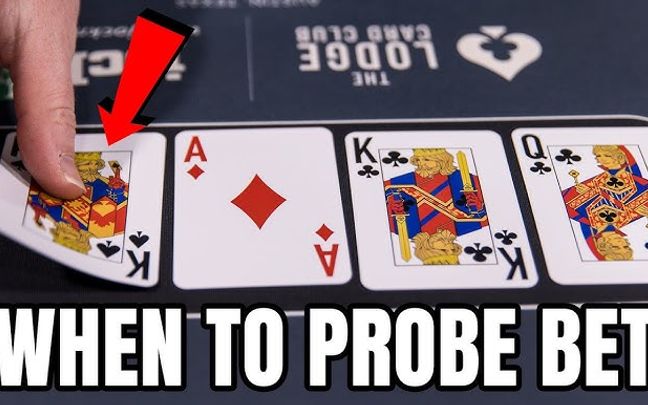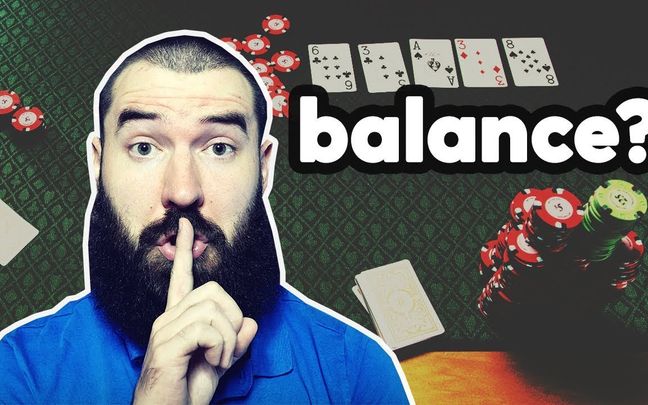On the poker tables, the question “What is Tilt?” is often raised, especially in high-stress and competitive games. This is not just a concept that any poker player should understand but also a critical factor that can determine success or failure. Tilt is not merely a negative emotion; it also impacts both strategy and the outcome of each hand.

What is Tilt in Poker?
“What is Tilt?” - Tilt in poker refers to the psychological state where you lose control over your emotions and start playing irrationally or ineffectively. This often happens after a series of bad situations, such as losing several hands in a row, experiencing a bad beat (losing to a weaker hand that improves on the final card), or being provoked by opponents.
Some characteristics of Tilt in poker include
Impulsive Decisions
You may start making hasty and ill-considered decisions, such as calling with weak hands or making large bets without solid reasoning.
Overplaying
You might play too many hands and enter more pots than usual, leading to greater losses.
Loss of Focus
Tilt causes you to lose focus on your strategy and original plan, resulting in poor decision-making.
Negative Emotions
Tilt often comes with negative emotions like anger, frustration, or dissatisfaction, which adversely affect your competitive spirit.
Increased Betting
You may irrationally raise your bets in an attempt to recover lost money, which usually results in further losses.
To avoid Tilt, it's crucial to learn how to manage your emotions, stay calm, and maintain discipline while playing. Taking breaks and stepping away when feeling stressed is also an effective way to prevent falling into a Tilt state.

A simple example of what Tilt is in poker
Here’s a simple example of what Tilt in poker looks like:
Imagine you’re playing a poker tournament and have been performing well throughout the session. Suddenly, you get a great hand with a triple of Aces and decide to make a strong bet to try to pull in more money. However, your opponent has a straight flush that beats your hand, and you lose the pot.
The anger and frustration from losing this hand might cause you to go on Tilt. Under the influence of these emotions, you might start playing more aggressively, making larger bets, or playing recklessly just to try to recover your losses. As a result, you could end up losing even more money due to poor decisions driven by Tilt.

How to Manage Tilt in Poker
After understanding what Tilt is in poker, there are several strategies and habits to help you control your emotions and improve your performance.
Manage Emotions
Tilt often occurs when emotions take over after a bad hand or a series of unfortunate outcomes. To minimize this, learn to recognize early signs of Tilt, such as feeling excessive anger, anxiety, or frustration. Once you identify these signs, take a break and use self-care techniques like deep breathing, focusing on your feelings, and re-centering your mind before continuing to play.
Set Limits
Before starting each session, establish clear limits on the amount of money you can lose and the time you're willing to spend playing. This helps prevent playing recklessly due to emotional influence after a loss. If you reach these limits, stop immediately, regardless of whether you are winning or losing.
Stick to the Plan
Instead of playing based on emotions or the desire to recover lost money, follow your pre-established strategy. Focus on making decisions based on available information and your poker skills.
Learn and Improve
Each instance of Tilt is an opportunity to learn and improve. Instead of blaming or getting angry, take time to review the hands you played, analyze what decisions could be improved, and use this to develop your poker skills and reduce the likelihood of Tilt in the future.
Stay Calm and Focused
Always keep your mind calm and focused on each decision you make. Do not let emotions influence your betting or critical decisions.

By applying these strategies, you can minimize the impact of Tilt and increase your chances of success in poker by maintaining control and focus throughout the game. Understanding “What is Tilt?” and knowing how to manage it are essential parts of any poker strategy. By using appropriate strategies, you can reduce the negative impact of emotions on your performance and maintain high levels of concentration in every hand. This not only helps improve your poker skills but also enhances your overall gaming experience in a more enjoyable and sustainable way.


























